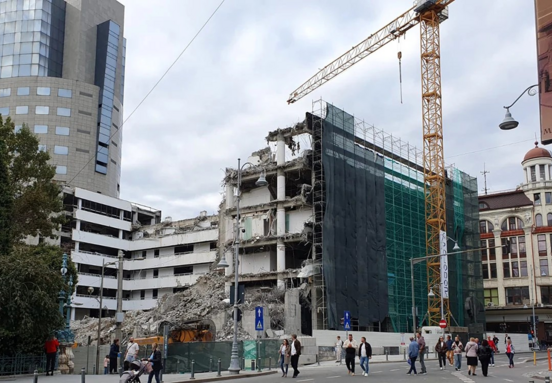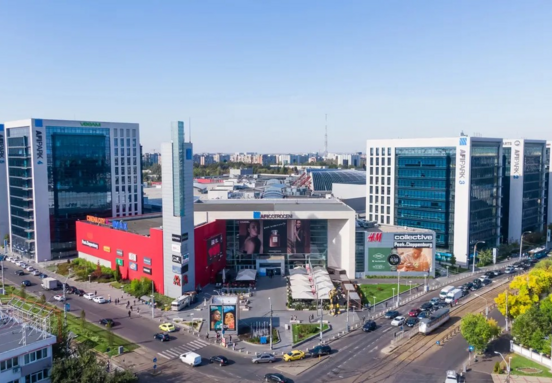Estimations for 2017 were also revised by 0.6 percent, going up to 4.1 percent according to new values.
On the other hand, the World Bank estimated that the Europe and Central Asia region, including Romania, recorded in 2015 a growth slowdown to 2.1 percent from 2.3 percent in 2014. However the pace would accelerate to 3 percent in 2016, helped by stabilizing oil prices, a smaller contraction of the Russian economy and the return of Ukraine thanks to the program agreed with the International Monetary Fund (IMF).
The international financial institution stated that the pace will depend heavily on supporting investment, which remains at a lower level than before the crisis. In many countries public investment is constrained by limited fiscal space and private investments are affected by the fact that companies are striving to solve debt problems. Across EU member states in the area (Bulgaria and Romania) investments are however supported by European structural funds absorption capacity remains a problem.
“Although progress has been made in some countries, high levels of non-performing bank loans remain a source of concern for financial stability in Albania, Bulgaria, Romania and Serbia,” estimates the World Bank. The World Bank warns that a possible decline of one percentage point of growth in Turkey would take back Bulgaria and Romania also with 0.5 to 0.2 percentage points within the next two years.
Overall, the World Bank estimates that the global economy will advance 2.9 percent this year, instead of the 3.3 percent growth expected in June 2015, mainly due to the poor performance of major emerging economies. In addition, global economic growth in 2015 was lower than the estimates and the economic activity was affected by lower commodity prices, trade and capital flows and modest financial volatility episodes. (source: business-review.eu)







